Cyprus summers are strewn with tragedies and anniversaries. When the calendars turn on the last day of June, it’s as if something darkens even the sun that bathes the island. Besides, even if one wanted to forget, the signs that say: “Stop. Turkish-occupied territory.”
The coup and the invasion of July 1974 were not the last tragedies. Just yesterday was the anniversary of the downing of the military helicopter that on July 10, 2002, took the lives of then National Guard chief Lt. Gen. Evangelos Florakis and four other officers.


By tragic coincidence, today in 2011 at the naval base named “Evangelos Florakis” in Mari, in memory of the general, another tragedy took place. An explosion that spread death and destruction. An explosion that could have been avoided.
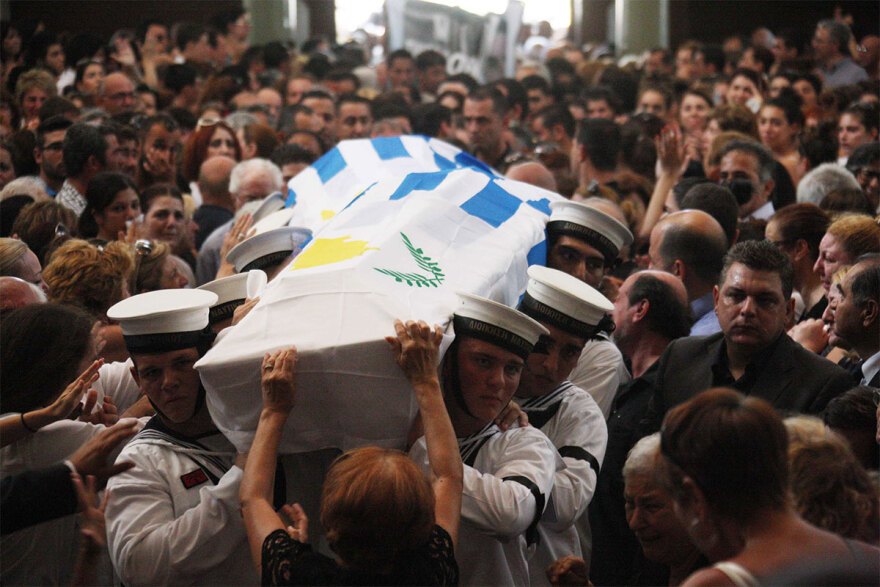
Then-President Demetris Christofias decided to keep on the island a huge shipment of explosives that had been seized on a ship carrying them from Iran to Syria. The ship had been detected by the Americans who informed Nicosia that its cargo would have to be searched and seized if it violated the sanctions imposed by the UN.
And so it was. However any proposal to destroy or remove the cargo was met with a denial or a problem. Then-President Demetris Christofias had promised Assad that he would not destroy the explosives and if he could not find a way to get them to Syria he would return them to Iran.
The explosives were “stored”, (essentially stowed) in an outdoor area at the naval base “Evangelos Florakis” in Mari, in completely inappropriate conditions. Even when the containers began to show signs of deterioration and small explosions occurred, the instructions of the military people were to sprinkle them with water to lower the temperature!

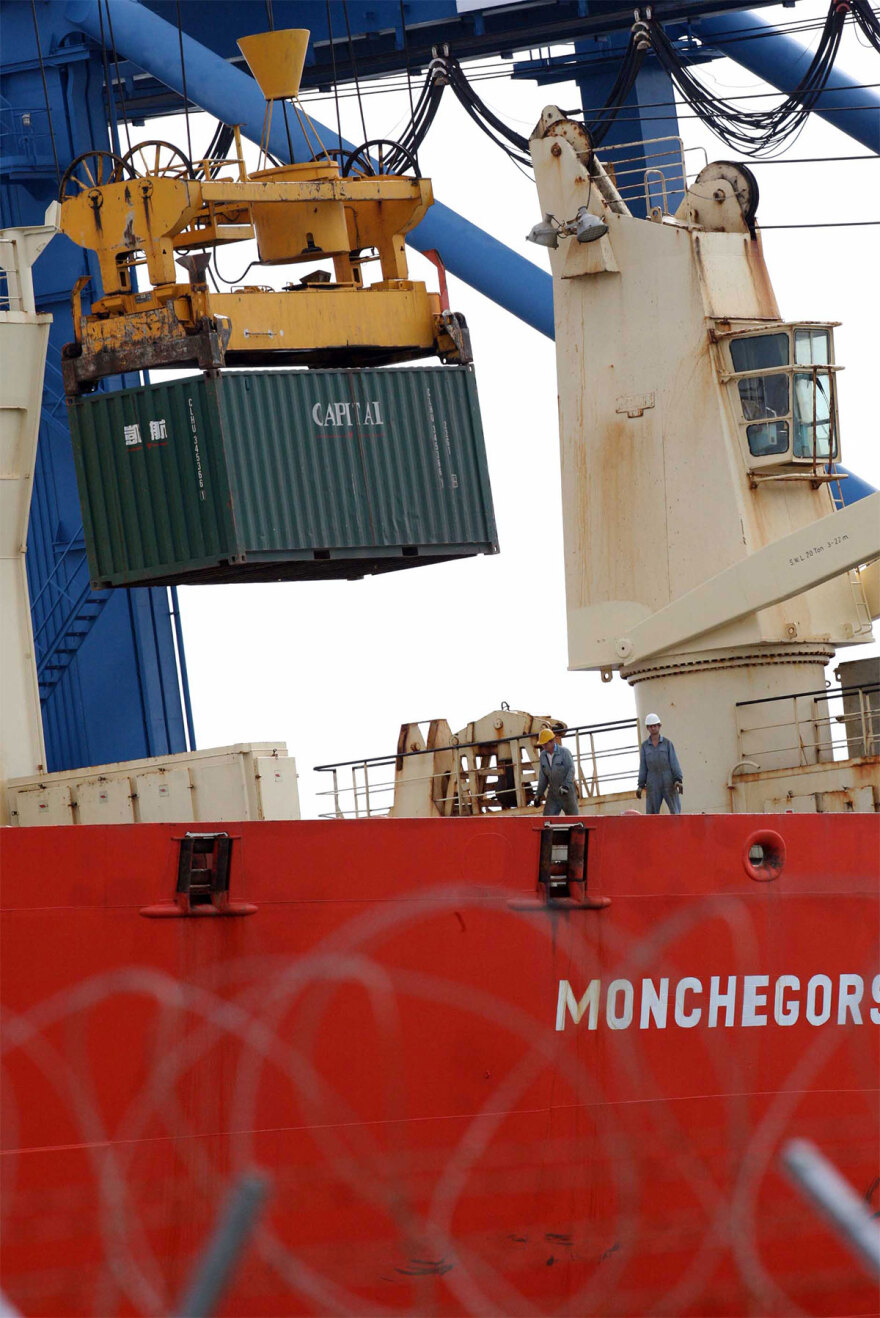
“Earthquake and lava”
Around 4:00 in the morning of July 11, 2011, the shook with a huge explosion. No one could understand what had happened. The first thought of those who felt the explosion was that there might have been an earthquake. The truth was that it was a real “earthquake” since the explosion was recorded by the Seismological Institutes.
After several hours and while almost all of Cyprus was plunged into darkness due to a power cut, information began to circulate about an explosion at the naval base in Mari. The explosion flattened the power station located next to the base.
The information was reaching the media little by little as no one initially had a clear picture of what happened. Those who did know…were all dead.
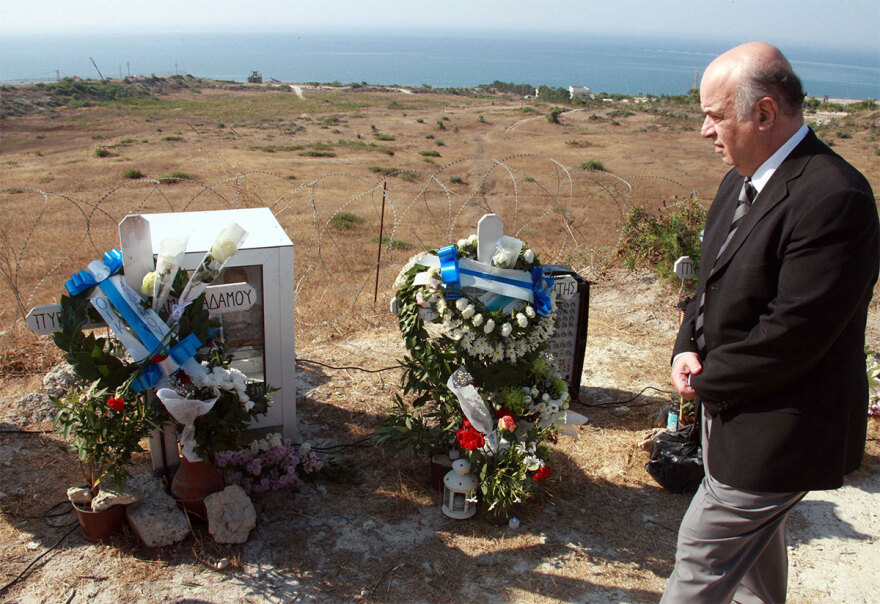

When the smoke and dust settled it was found that 12 people had perished and 60 others were injured. A few days later another injured man succumbed.
Most shocking of all was the revelation that this was a tragedy that those who knew about it had expected. Photographs presented, taken just 24 hours before the explosion, showed the containers of explosives tampered with, while some people “danced” on them to prove that there was supposedly no danger. The orders were: “Sprinkle them with water to lower the temperature”. When in the early morning hours of 11 July 2011 an ignition was observed, instead of ordering an evacuation of the base, the fire brigade was called in to extinguish it. At 4:00 in the morning and while several people were on site the 96 containers exploded.
They had been stacked in an outdoor area since 2009.
The then defense minister, Kostas Papakostas, trusting the military, assured that the cargo was harmless and could even be placed in the yard of his house…
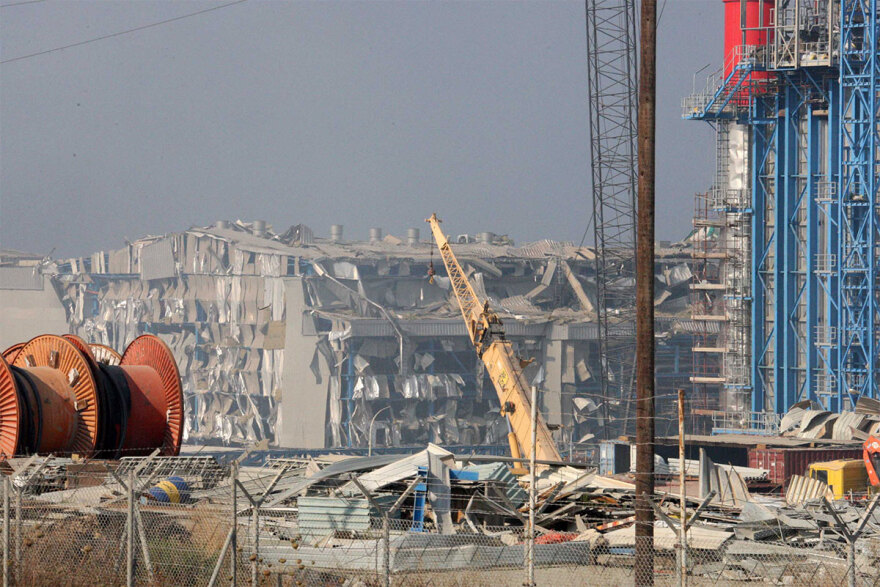
One flash and 13 souls were lost
From the blast, people who were trying in vain to prevent it died:
– Captain Ioannidis Andreas Ioannidis, Commander of the Navy
– Commander Lambrou Lambros, Commander of the Naval Base
– Chief Petty Officer Kleanthous Kleanthis
– Petty Officer Irakleous Michael
– Seaman Christoforou Miltiades
– Seaman Christoforou Christakis
– Sergeant Major of the Fire Brigade Andreas Papadopoulos
– Firefighter Vassilis Krokos
– Firefighter Spyros Tantatis
– Firefighter Panagiotis Theofilou
– Chief Firefighter George Giakoumis
– Firefighter Adamos Adamou
– Sailor Antonis Charalambous (died three days after the accident)
Debris
Eight years after the tragedy, two shocking videos have come to light that capture the magnitude of the “crime”. They were posted on Facebook by the father of firefighter Panagiotis Theofilou, who died along with 12 other military and firefighters.
In one video, according to Michalis Theofilou’s post, his son can be seen getting down from the fire truck and applying a visor to his head as the container fire raged.
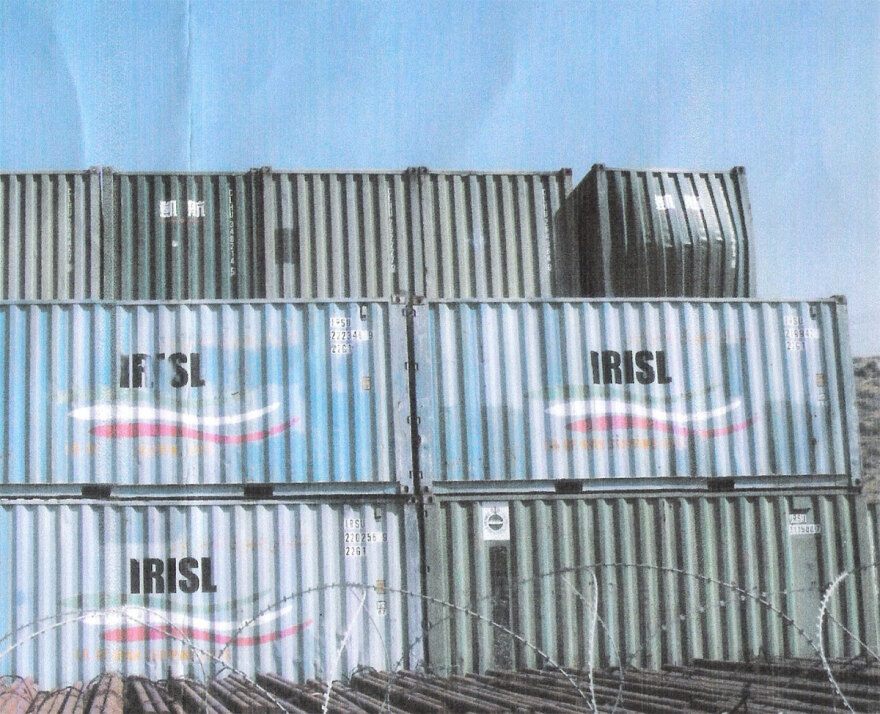
The second video, taken shortly after the deadly blast, captures the frantic efforts of SEAL soldiers to locate injured or survivors.
Michael Theofilou wrote:
“Eight years since the Mari explosion. The figure you see in the video is my son Panagiotis Theofilou Firefighter 3520 of the EMAK. He descends from the vehicle and applies a visor to his head 25 minutes before the big bang. Look in the distance 60 meters away from the fire in the containers whose ceilings have already been breached by the explosions and fire. It was only a matter of time before the remaining 79 containers with 850 tons of gunpowder heated up and exploded. The ten-ton (vehicle) after the explosion, the photo speaks for itself.
I’m so sorry, on days like this my soul breaks.
Great responsibility lies with the leadership of the National Guard and the GDF DIO for the unacceptable, irregular and against standing orders to store explosives in the National Guard. They stacked 850 tons of explosives from March 2009 to July 2011 exposed to the weather conditions in Cyprus.
Great responsibility lies with the Fire Brigade Command. Service Management for placing vehicles and personnel in front of 850 tons of explosives for firefighting against operational procedures and regulations. You don’t firefight explosives, you evacuate the area, and establish a safety zone based on the volume (850 tons) and type of explosives, because quite simply an explosion is imminent.
The 2nd video is the first few minutes after the explosion from SEAL soldiers entering the scene. In the background you can see the vehicle half-burning in the debris.”
Neither apology nor blame
The huge cost in human lives from the explosion left little room for the then foreign and defence ministers Markos Kyprianou and Kostas Papakosta. They submitted their resignations along with the head of the National Guard, Lieutenant General Petros Tsalikidis. The deputy chief of the National Guard, Lieutenant General Savvas Argyrou, refused to resign and was dismissed from the cabinet. However, the anger of the public was aimed at the then President of the Republic Demetris Christofias, who in his first statements did not take any responsibility and did not apologise for the tragedy. For several days, thousands of people demonstrated outside the Presidential Palace in Nicosia, demanding his resignation and the punishment of those responsible. Instead of resigning, Demetris Christofias appointed lawyer Polly Polyvios as a one-man investigative committee, pledging to respect the findings of the investigation. When the conclusion concluded that Demetris Christofias was grossly responsible, he rejected it and attributed it to malice. He then assigned the police a new investigation, putting a senior officer in charge, who found no responsibility on Demetris Christofias. Immediately afterwards, Demetris Christofias, using his constitutional right, appointed Mr. Iatropoulos, Deputy Chief of Police, despite the fact that he was retiring after a few months!
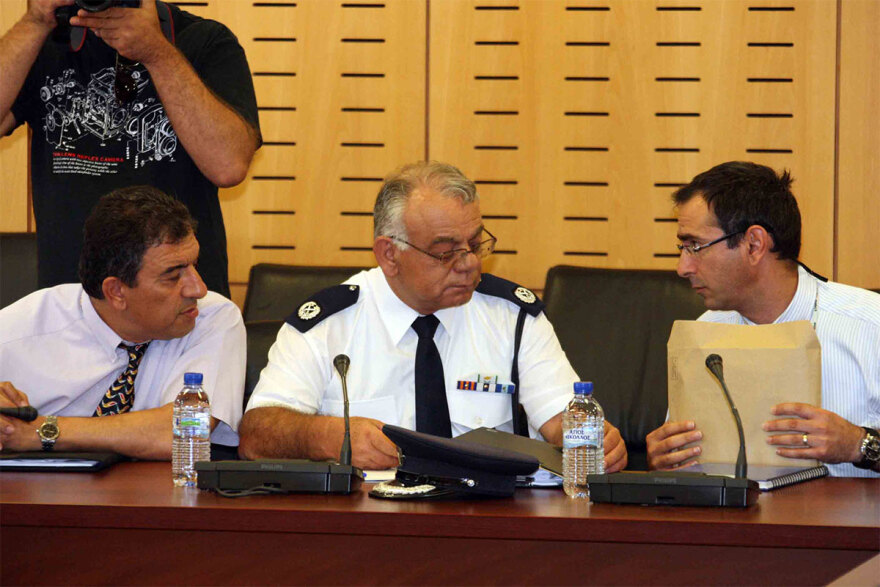

Victory but not for everyone
The trial that followed provoked the anger of the victims’ relatives at its start, as Col. Georgiadis, who had handled the 96-container cargo, was not seated. By decision of the then Attorney General Peter Clerides, he was converted from an accused to a prosecution witness, without offering any substantial testimony, as the Court found him totally unreliable. Also, Lieutenant General Petros Tsalikidis, although he was on the indictment, “escaped” from Cyprus and returned to Greece, refusing to appear before the Court, citing his status as an officer of the Greek army, which did not allow him to be tried in another country. He was tried in 2016 in Greece and sentenced to seven years in prison. However, he was not imprisoned, as he remained free on parole! The Court sentenced the then Defence Minister Kostas Papakosta and three Fire Brigade officers to prison sentences of three to five years. On appeal, Fire Brigade Commander Andreas Nikolaou was acquitted. Costas Papakostas died as a convict, while under guard at the Nicosia General Hospital.
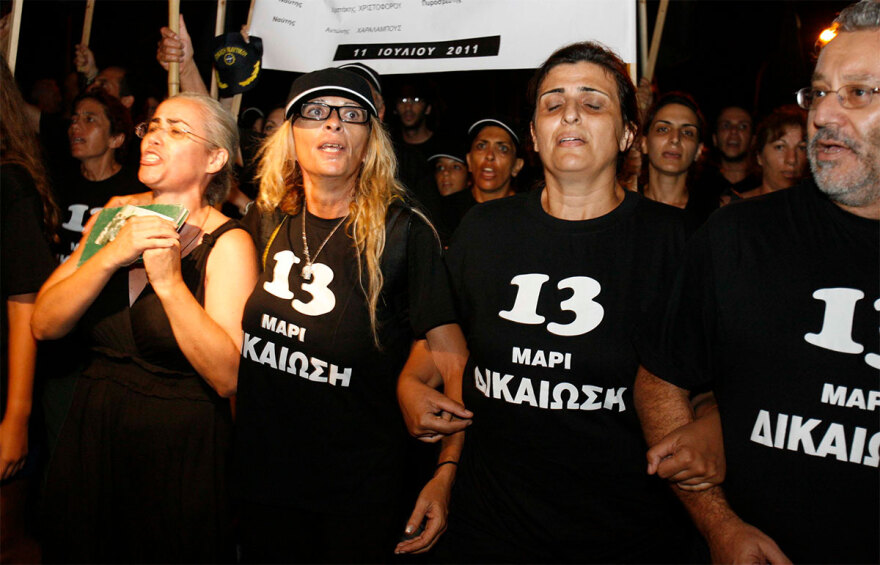


Economy blown up
When the explosion happened, Cyprus’ economy was on the brink of collapse after the great banking crisis that led to the 2013 haircut of deposits had begun. And while the economy was cooling off, tragedy came to deliver the coup de grace.
In addition to the loss of human lives, the Mari explosion knocked out the power supply system in the free areas of Cyprus. In the summer of 2011, during heatwave conditions, homes and businesses were left without electricity and were supplied for a few hours each day on a rotating basis. The solution was found with the purchase of electricity from the occupied territories which sent prices skyrocketing at a cost paid by consumers, not only in electricity bills but also in products, the prices of which skyrocketed, while unemployment was beginning to show its teeth, accompanied by pay cuts for those still working.
Ask me anything
Explore related questions





